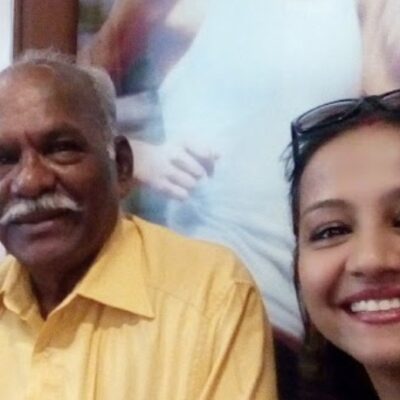Embracing Vulnerability and Suffering: The Path to Personal and Organizational Growth
In their paper “Making Business Personal” and Book Deliberately Developmental Organizations(DDO) the authors Bob Keagan and Liza Lahey, point out, in most organizations, employees are burdened with a “second job” – managing (hiding) their weaknesses and maintaining a good impression. This phenomenon not only hinders personal growth but also stifles organizational progress. And we end up collectively creating results Nobody wants.
Creating and leading a DDO requires a relentless passion for seeing and addressing the GAP between good intentions and reality, between rhetoric and results, between theory of leadership and the practice of it.
We know this at some level. But why is it difficult. In my 28 years of working with organizations, leaders and teams. I find the following
Two Reason:
1. Because admitting weakness (and in some cases strengths) takes Vulnerability:
Brene Brown’s epic work on “Power of Vulnerability” has helped in at least making the word “ Vulnerable”- not so vulnerable. We are not resisting it as much now. Phew!
And now here comes the second angle, WHY is being vulnerable so difficult, even though deep down we all want to.
2.Because it makes us “Suffer” and up comes Grief.
And we have not learnt HOW to suffer and grieve. We have invested heavily in “banishing” or overcoming suffering. We have maxims like – Pain is inevitable but suffering is a choice. So when we ATTEMPT vulnerability, old wounds and memories come up , and with it grief and suffering – and We don’t know HOW to handle it. So we push it down.
Experiencing vulnerability takes competence in “suffering” and grieving.
We have polarised happiness and grief – Positivity and negativity . And this “polarization” perhaps IS the problem.
Someone feeling shame over admitting is not a “Problem” to be solved. It an opportunity to feel, heal, compost and build.
So instead of feeling, we meditate or medicate it away.
In short – we try everything to NOT suffer.
In his seminal work – The Road less travelled – Scott peck shares the four tools of HOW to suffer. He argues that personal growth and fulfilment require deliberate (there that word again) effort, discipline, and a willingness to confront and overcome or grow into the problems and challenges.
The Four Tools of Suffering: Principles of Suffer-Intentionality
1. Delaying Instant Gratification
2. Acceptance of Responsibility
3. Dedication to Reality
4. Balancing
This is
Not an answer, it is a Response. – No attempt to convince us that problems are illusory – Or vulnerability is simply easy because we “believe” in it – Or pain is a choice or a dysfunctional relationship with the present moment. No positive psychology – No exhaling of the negative.
It’s time we look a long fresh look at HOW we define “problem. Manage and ride the Polarity.
Can you image if we had to make a choice between inhale and exhale.? Or if one was “perceived” as a problem to be solved?
The Hidden second job is happening in many other places and roles as well. As a parent, as a friend, as a citizen, as a manager.
Perhaps we need to PAUSE to see and acknowledge it – what is our Hidden Second Job ?





